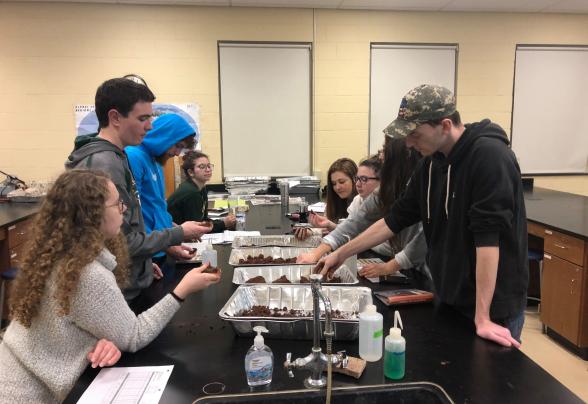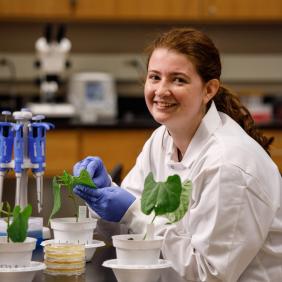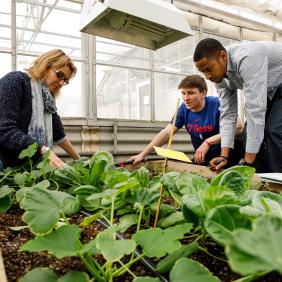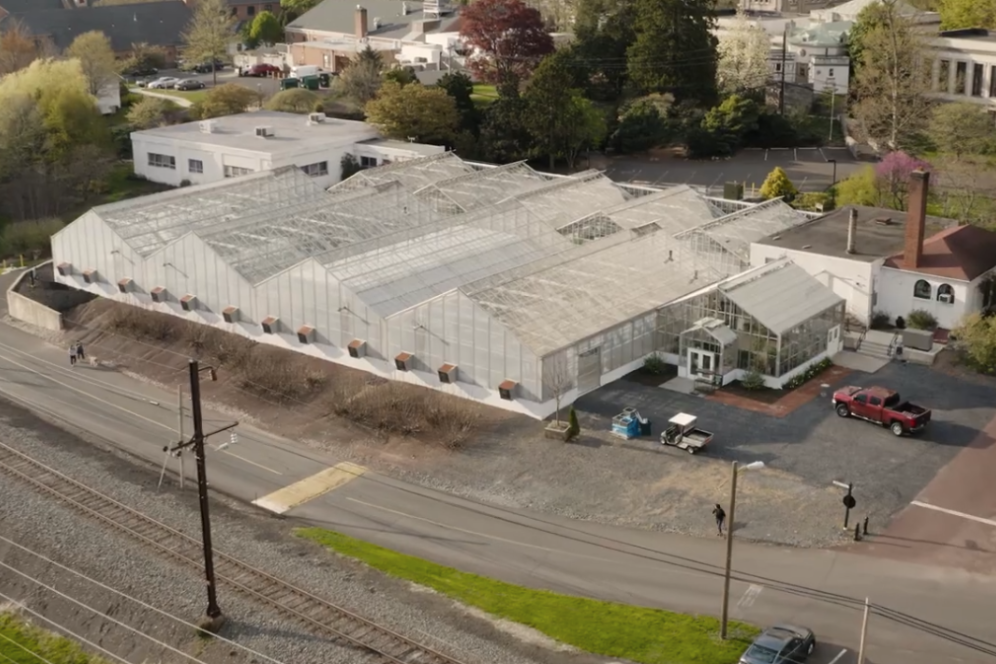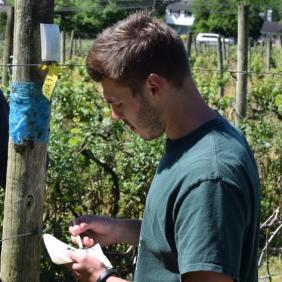Play a direct role in protecting our planet’s air, water, and resources with a degree in this wide-ranging field. As you study critical subjects like earth processes, alternative energy, pollution control, natural resource management, and climate change, you’ll amass the cutting-edge knowledge you need to create a healthier environment for the world.
A degree in environmental science prepares you for important work protecting land and water resources for the future. Our program provides a strong basic and applied science foundation and is integrated with chemistry, biology, landscape architecture and the plant sciences. Structured to help you develop the analytical, scientific and applied skills required to understand and manage our ever-changing environment, you will take courses such as soils, watershed management, environmental remediation and land surveying. With an emphasis on a sustainable future, this major will train graduates to work in a number of careers that will help save the earth from the threat of climate change and over-building.
At DelVal, our practical, hands-on approach, helps students apply classroom theory to real world environments and interconnecting ecosystems through labs, field trips, and two required work experiences. These experiences will help you discover your niche within the field of environmental science and help prepare you to work out the world’s most critical issues.
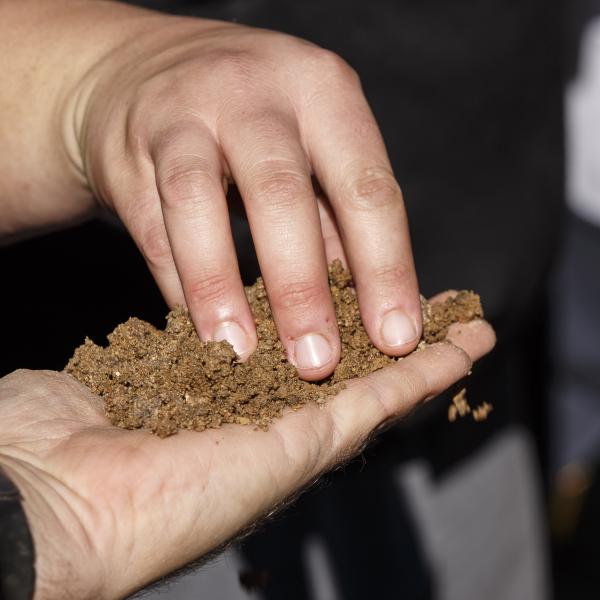
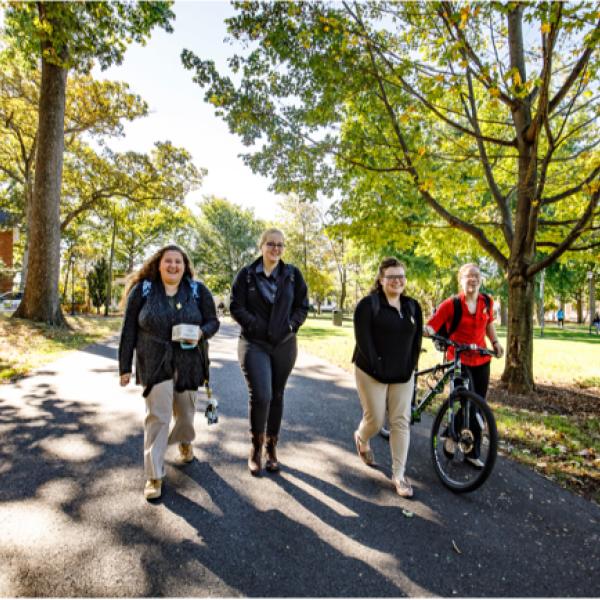

I really became interested in invasive insects during my Global Field Studies course in Hawaii. I had the opportunity to see a forest in Hawaii and how it was impacted by invasive insects and became interested in the topic of fighting them here at home.
Delaware Valley University can prepare you for a large variety of careers in environmental science with our diverse course offerings
Sample Courses:
- Chemistry
- Geology
- Land Surveying
- Soils
- Soil Conservation
- Land Use Planning
- Watershed management
- Environmental Remediation
- Environmental Impacts
- Geographical Information Systems
- Applied Toxicology and Risk Assessment
- Agricultural Waste Management
Possible Minors
- Agribusiness
- Biology
- Business Administration
- Chemistry
- One Health Communication
- Policy Studies
- Sustainable Agriculture Systems
Soils are alive! The use of land has a profound relationship with these living systems. Learn how to conserve, assess, manage, and build healthy soils for our future.
This specialization can prepare you with the skills and knowledge to manage the physical environments that wildlife call home. Habitats provide the necessities to sustain life. Learn to assess, conserve, manage, and regenerate these vital ecosystems.
Humans generate waste. As our global population grows, our lands and waters have become saturated with contaminants. Learn about the impact of human choices and environmental remediation techniques to clean our soils, water, and air.
Water. Too much or too little? Drinkable or toxic? Water is critical to sustaining life on Earth. Learn to assess, manage, conserve and enhance our vital water systems.
This specialization offers the unique opportunity to study the diverse field of environmental science on your own terms. Work closely with your academic advisor to build your education in preparation for graduate school or to specialize in more than one area of emphasis.

The One Health Communication minor provides students with the opportunity to bridge the study of writing and rhetoric with the sciences. Students who complete this minor will enhance their analytical and communication skills related to sciences including the University’s pre-veterinary, pre-health, STEM and science programs. They will gain skills for effectively communicating science topics to non-scientists and the general public.
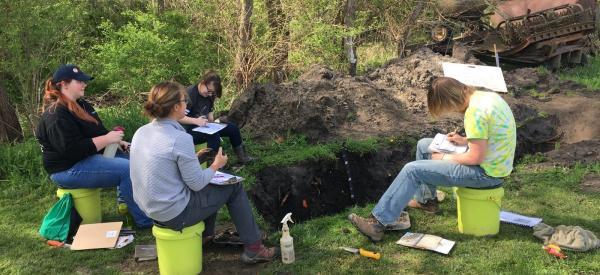

The Experience360 Program in environmental science gives you the opportunity to apply classroom lessons to real-world activities through internships, career exploration experiences, student research, study abroad, leadership development and more.
Career Paths
|
|
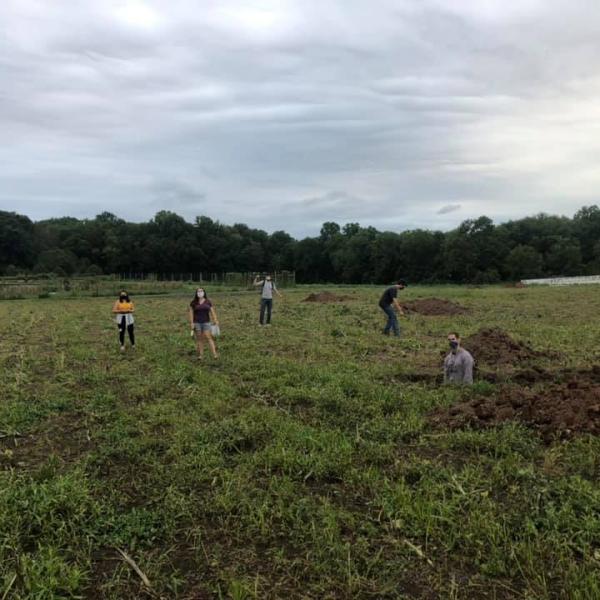
Office: Feldman 115
